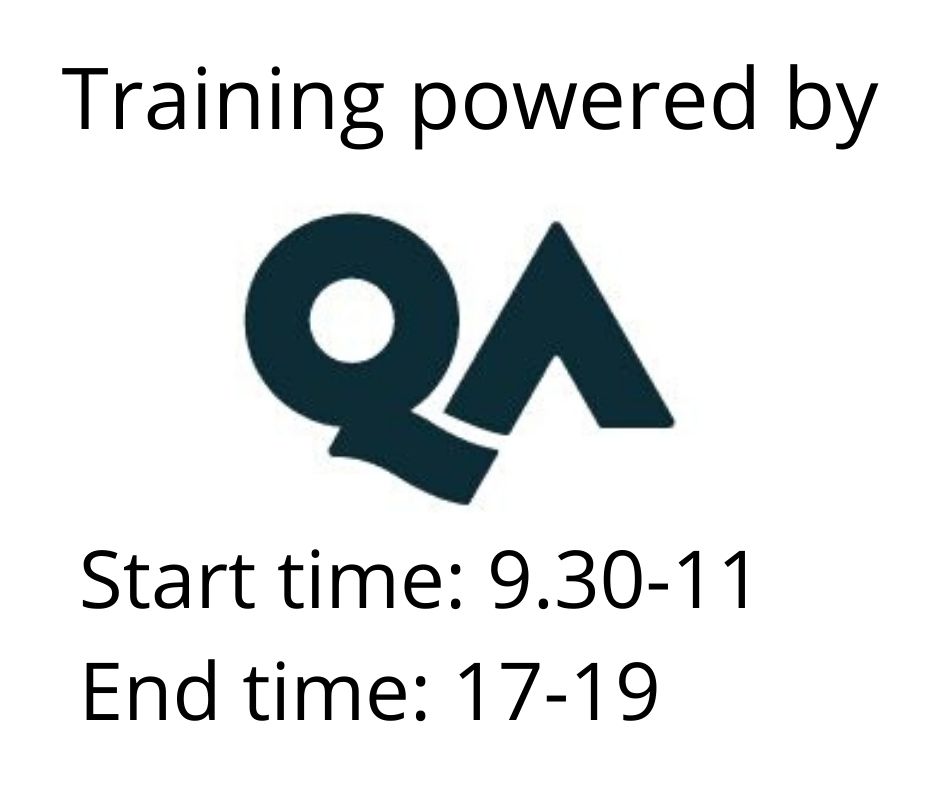Cybercrime Computing & Networking Foundation
Utbildningsformer
Längd
5 dagar
Pris
37450 kr
Our digitised society has transformed cybercrime and cyber-enabled fraud into a major revenue stream for organised crime groups (OCG). Action Fraud reports that 80% of reported frauds are cyber-enabled; they could have taken place offline, but their scale, reach and impact have been expanded using online services and digital technology.
Ransomware and the cost of cybercrime is already up a percent of global GDP, over £500 billion a year. The global cybercrime epidemic shows every sign of continuing to rampage through every global economy. This National Cyber Security Center (NCSC) assured course will give you a good understanding of a number of important topics needed as a Cybercrime Specialist, including:
- How a computer works and what its fundamental components are
- How do computers communicate via networks and what protocols are used
- What is binary and why do we use hex and not decimal
- Fundamentals of encryption, cloud and virtualisation
- An introduction to digital forensics and why the integrity of data is paramount no matter what your role
- An understanding of the Computer Misuse Act and Data Protection and why they are important
- Cybercrime threats and cybercrime offences
The follow-on course in the cybercrime pathway is the Cybercrime Investigators course.
This National Cyber Security Center (NCSC) accredited five-day course will give delegates a good understanding of a number of important topics needed as a Cybercrime Specialist, including:
- How a computer works and what its fundamental components are
- How do computers communicate via networks and what protocols are used
- What is binary and why do we use hex and not decimal
- Fundamentals of encryption, cloud and virtualisation
- An introduction to digital forensics and why the integrity of data is paramount no matter what your role
- An understanding of the Computer Misuse Act and Data Protection and why they are important
- Cybercrime threats and cybercrime offences
The course includes a real-time ransomware simulation exercise.
None.
Module 1 – Computing Concepts & Operating Systems
- To explain computer system components
- Describe the differences between magnetic hard drives and solid state drives
- To explain the different characteristics of operating systems
- What file systems are used and what data is contained
- What is a RAID (Redundant Array of Independent Disks)
- What is serverless computing?
Exercise - How to create user accounts
Module 2 – Networking Protocols & Network Security
- To explain how networks function?
- How data travels the network?
- Logical address (IP4 and IP6)
- What security protocols can be applied on the network and what they are?
- What are the different types of Firewalls and Gateways and how they work?
Exercise - Use CLI for diagnostic purposes
Module 3 – Network Architectures & Topologies
- Applications and Application-layer Protocols
- What is Dynamic Host Configuration Protocol (DHCP) and how it functions?
- Attacks against the DHCP and mitigations
- What is information assurance architecture?
- Network traffic analysis
Exercise - Performing network traffic analysis
Exercise - Create and alter packets with hping3 and eavesdropping with Wireshark
Module 4 – Cloud & Virtualisation
- What is virtualisation?
- What is a container?
- What is cloud computing and what technologies are used?
- How security is applied within cloud computing
- Breaches impacted by the cloud
- Evidential opportunities in the cloud
Exercise - Setting up your own virtual machine
Module 5 – Principles of Digital Evidence
- Digital evidence principles and forensic frameworks
- Data vs Information
- Understanding file systems
- IoT device challenges
- Digital forensic images
- Windows & Linux log file analysis
- Write blocking and best practice
- Mobile device images
- Digital evidence
Exercise - Windows Log Analysis
Exercise - Linux Log Analysis
Module 6 – Digital Footprints
- Explain what information and data may be passively or actively transmitted or submitted
- Review data we place in our digital world can easily be harvested
- Email header analysis
- Understand how to take care to protect our data as best as we can
- Discuss social networks, know how to lockdown accounts
- Practice good passphrase management
- Password cracking
Exercise - Windows Defender Firewall
Exercise - Linux Firewalls
Exercise - Windows Defender
Exercise - Email headers
Module 7 – Digital Currency Concepts
- How bitcoin and virtual currencies work
- How the block chain works
- What is Proof of work?
- Identifying other cryptocurrencies
Exercise - Bitcoin Technologies
Exercise - Bitcoin in crime
Exercise - Auditing a bitcoin transaction
Module 8 – Cyber Attacks & Cyber Offences
- Cyber dependant and enabled crime
- Cyber exploits and vulnerability scanning
- Malware
- Denial of Service
- Combating threats
- Advanced threat analysis
Exercise - Nmap and Zenmap
Exercise - Vulnerability Scanning with Nikto
Exercise - Advanced Network Scanning with SPARTA
Exercise - Denial-of-Service using LOIC
Exercise - Advanced Persistent Threat Analysis
Exercise - Honeypots
Module 9 – Encryption
- To explain the uses of encryption technologies
- Describe conventional encryption principles
- To explain cipher classification
- Asymmetric and Symmetric encryption
- PKI and Certificate Authorities
- Digital Signatures
- Hashing scenarios
- Ubiquitous encryption
Exercise - Hashing Scenario
Exercise - Digital Certificates
Module 10 – Introduction to Neurodiversity
- What is neurodiversity?
- Common neurodivergent thinking styles
- Benefits of neurodivergent thinking styles
- Challenges of neurodivergent thinking styles
- Neurodiversity and Cybercrime
National Cyber Security Center (NCSC) Assured Training Exam, taken post course.
- Online proctored exam taken post-course
- Duration - 70 minutes
- Questions 50, multiple choice (4 multiple choice answers only 1 of which is correct)
- Pass mark 50%
- Digital badge - Certified Cybercrime Specialist
